Rodrigo Almeida Rosa became CEO of OGMA in November 2013. Before taking up this role he was executive vice president of the Portuguese aerospace firm, as well as CFO. Throughout his career he has occupied a number of executive positions in the financial sector. He joined the advisory board and control committee of a number of companies controlled by Embraer in countries such as China, Ireland, Holland, the UK and Spain. Rodrigo Rosa graduated with a law degree from Mackenzie University (Brazil) and obtained and MBA at the Cranfield University, United Kingdom.
“Portugal has a very important role in the areas of MRO and aerostructure manufacturing”
![]()
What are the big challenges for the aerospace industry?
From our point of view, the aerospace business will continue to grow during the coming years. This market continues to have a plenty of opportunities and challenges to overcome. The reason for this is that it is expected that the market will grow more than four per cent worldwide, with particular focus on Asia/Pacific area, Africa and Middle East. We can highlight as the main challenges for the future the lack of skilled manpower, especially specialized technicians and engineers. Furthermore, it’s important to emphasize the market dominance by the aftermarket OEM’s and as well the mergers and partnerships between the main aeronautic groups that strangle the smaller MROs.
What is the current role of Portugal in the aerospace business?
Portugal has a very important role in the areas of MRO and aerostructure manufacturing. Due to its participation in one of the main programs in the aviation industry – the Embraer KC-390 – Portugal has started to gain skills in another important area in the industry, more specifically the design.
We can highlight as main strengths, technical acknowledge and technological development focused on a certain niche in the market. Another strength is the fact that Portuguese labor is more competitive when we compare it to the manpower of other European countries. As weaknesses we can highlight some limitations in the manpower available to satisfy demand.
Is the European industry able to become internationalized and grow in different markets?
Yes, clearly. A sign of this is the fact that the major non-European airlines are acquiring products developed in Europe, mainly A350 aircraft and the new generation of A320 aircraft, and MROs and OEM’s that operate globally are becoming stronger.
What are the main areas of expertise of the European aerospace industry?
Regarding to the European aerospace industry we can point out as main areas of expertise: the use of new materials and new technologies; innovation applied in design; the ability to work following an overall view; and the capability to participate in the production of new products in which several European countries contribute to a final product.
What do we need to improve regarding cooperation between Spain and Portugal in the aerospace sector?
The cooperation between these two countries has been growing and it is something that pleases and motivates us. However, we consider that it needs a larger amount of organizational interaction in order to gain more market power to attract or operate in products or services outside the Iberian Peninsula. In addition we think that Portugal and Spain need to invest in technological niches with differentiating characteristics for the rest of the world.
Have we got enough culture of partnership and business cooperation in Europe? Why is this cluster culture so important to advance the sector?
The culture of partnership has been increasing in the last 15 years but it can always be improved. It is important to develop this partnership culture because there is still a lack of strategic vision, enterprise integration and lack of focus in the market.
With a work culture based on the creation of a value chain, with several partners to share their expertise and experience, it’s possible to have better results, be more effective and, ultimately, achieve more gains with less expenditure of resources.
What about the highly specialized SMEs, is it hard to compete with the big companies?
The market offers business opportunities for all companies, from the largest, with a greater offer, to the smallest, with a more specialized focus. However, the smallest ones have to seek their inclusion in projects hosted by the major manufacturers and OEMs.
What are the major challenges European engineering will face in the coming years?
The main challenges that are expected for the engineering area are to found a way to increase the search for more effective technological solutions, new materials and new designs with high impact on product efficiency and reduce operational costs.

